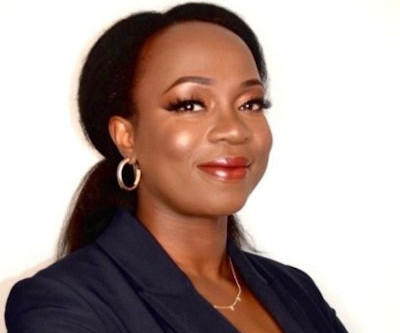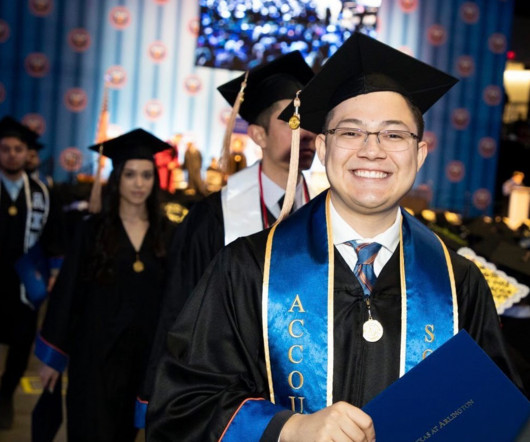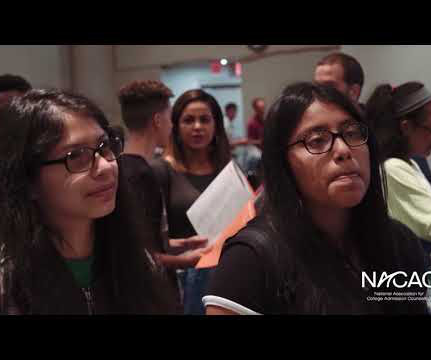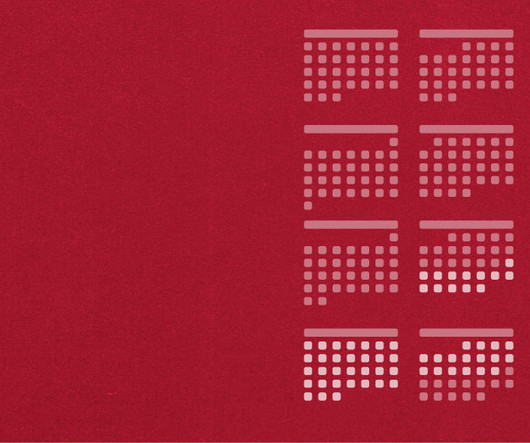Kessler Collaborative Breaks Down Silos to Help First-Generation Students
Diverse: Issues in Higher Education
JULY 17, 2024
What started as an innovative program to support limited-income and first-generation students at the University of Michigan in 2008 has since grown into a 16-institution collaborative program that has helped hundreds of first-generation students across the country find success in post-secondary education.














Let's personalize your content